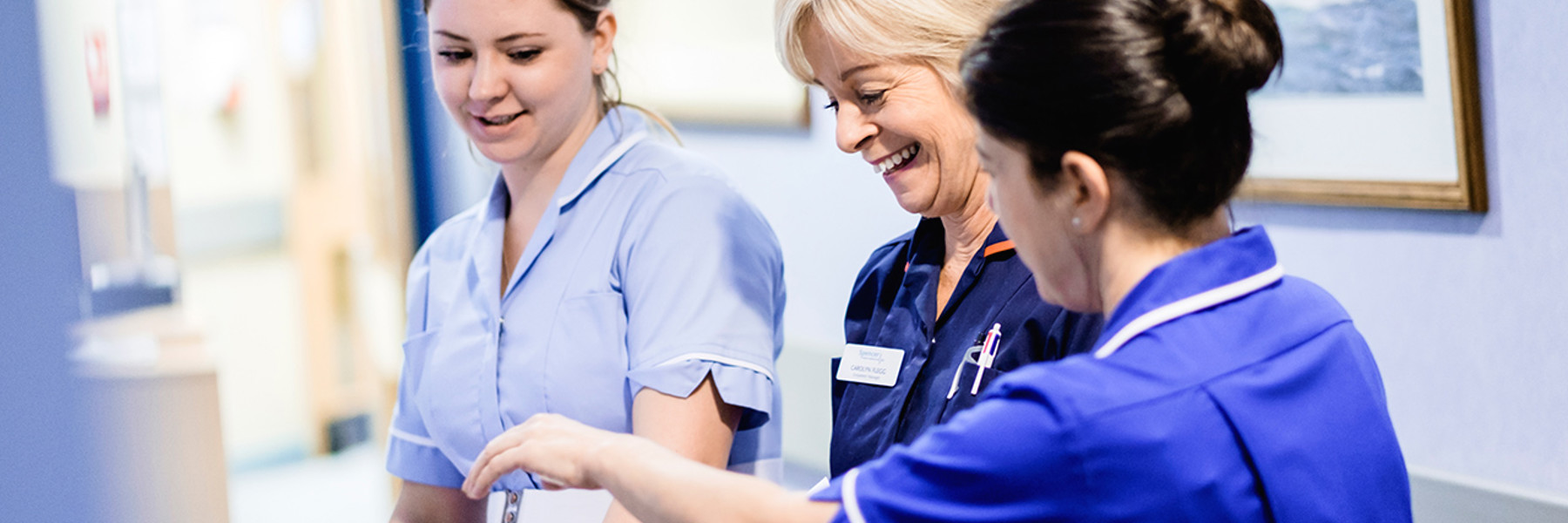Appendectomy
What is an Appendectomy?
If you have Appendicitis, you will need to have an Appendectomy as soon as possible. Appendicitis is when the appendix (a finger-like pouch connected to the large intestine) painfully swells with the pain becoming constant and severe.
Surgery will usually be recommended if the likelihood of you having appendicitis is high but it has not been possible to make a clear diagnosis. This is done as it is considered safer to remove the appendix, than run the risk of the appendix bursting. In the human body, the appendix does not perform any important function and having it removed does not cause any long-term problems.
The procedure can be done via two different methods, this is keyhole surgery and open surgery.
Keyhole Surgery
Keyhole surgery also known as a laparoscopy is usually the preferred method of removing an appendix. This is due to the shorter recovery time of keyhole surgery when compared to open surgery.
The operation involves making three or four small cuts in the abdomen using instruments that are specialised to this type of surgery.
- Gas is pumped through a tube in order to inflate your abdomen, this is done to allow the surgeon more room to see your appendix clearly and to perform the procedure.
- A laparoscope is also used. This is a small tube that contains a light source and a camera and relays images of the inside of the abdomen to a television monitor allowing the surgeon to have a higher level of visibility without having to perform open surgery.
- Small surgical tools are also used to remove the appendix
After the appendix has been removed, the incisions are closed with stitches that either dissolve over the next few days or they removed during an appointment at your GP surgery 7-20 days later.
Open Surgery
With Appendicitis sometimes keyhole surgery cannot be recommended, and open surgery is performed. These include:
- If the appendix has already burst and formed a lump in the abdomen called an appendix mass.
- If you have had previous open abdominal surgery.
In this type of operation, a single larger cut is made in the lower right-hand side of the abdomen in order to remove the appendix. However, is there is a larger infection, such as widespread peritonitis (an infection of the inner lining of the abdomen), it is potentially necessary to operate through a long cut along the middle of the abdomen (a laparotomy).
The incision will be closed with stitches which will either dissolve over the next few days or need to be removed at a later date. One the appendix is removed by either keyhole or open surgery it is routinely sent to a laboratory for cancer screening. This is standard procedure and is done as a precautionary measure however it is rare that a serious problem is found.
Recovery
With keyhole surgery, the recovery time tends to be far shorter, with many people leaving hospital a few days after the operation. If the appendix has been caught early and operated on quickly some patients may be able to go home within 24hrs. If you have had open surgery or it was a complicated surgery, (you have peritonitis) it may be a week before you can go home.
In the first few days following the surgery, it is likely you will experience some pain and bruising. If you have had keyhole surgery, the gas that is pumped into your abdomen may cause you to experience pain in the tip of your shoulder for about a week. Both of these are not permanent and will reduce.
You may also experience short-term constipation, to help reduce this it is advised that you take codeine painkillers, eating plenty of fibre and by staying well hydrated, medication can be prescribed if the problem is persistent and troublesome.
You will be advised about caring for you wound and what activities you should avoid before leaving hospital.
FAQs
Appendectomies are one of the most commonly performed operations in the UK and serious or long-term complications are rare.
Every surgery does however carry risks. These include:
- Wound infection (antibiotics may be given before or during the operation, in order to minimise the risk of serious infections).
- Bleeding under the skin causing a haematoma (firm swelling) these will usually get better on their own but if you do become concerned contact your GP.
- Scarring, both types of surgical procedures will leave some scaring due to the incisions
- Abscess (a collection of pus)- in rare cases, infection caused by the appendix bursting can lead to abscesses forming after surgery
- Hernia- at the site of the open incision or any incisions used in the laparoscopic approach.
- General anaesthetic also carries some risks, but these are very rare.
